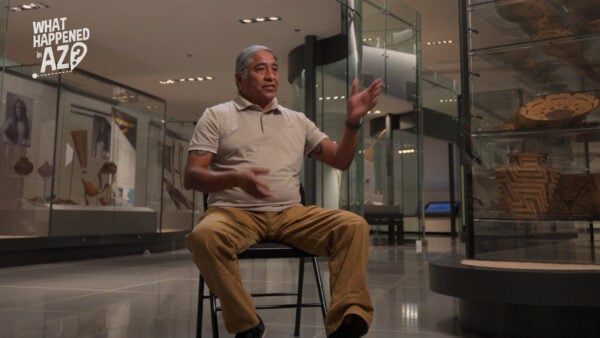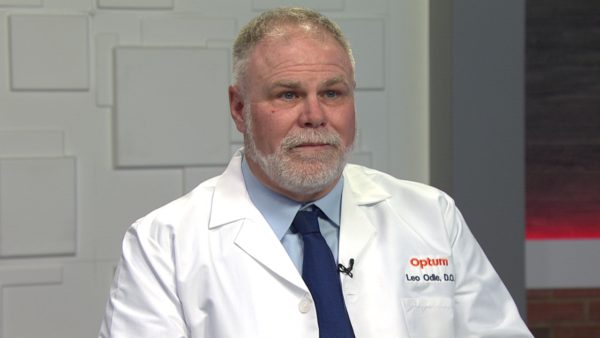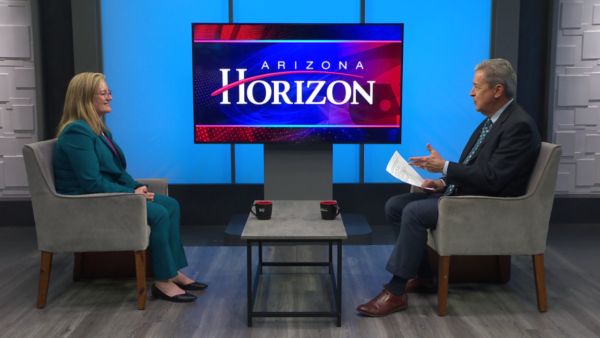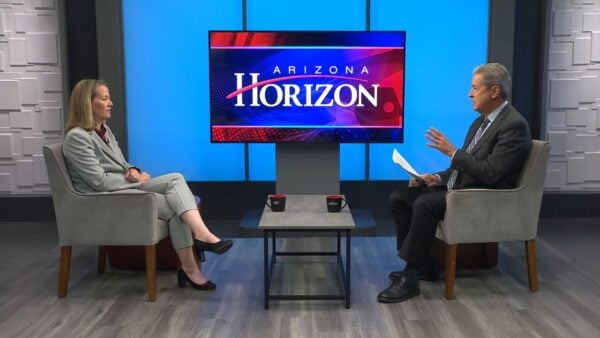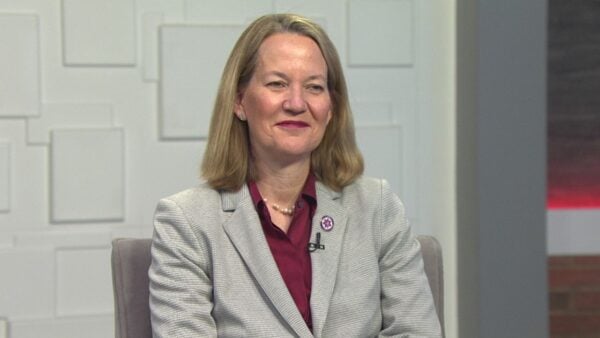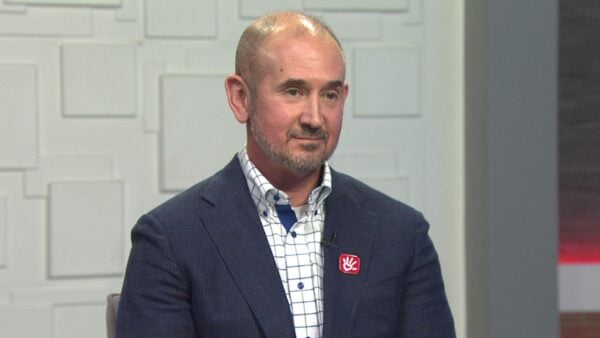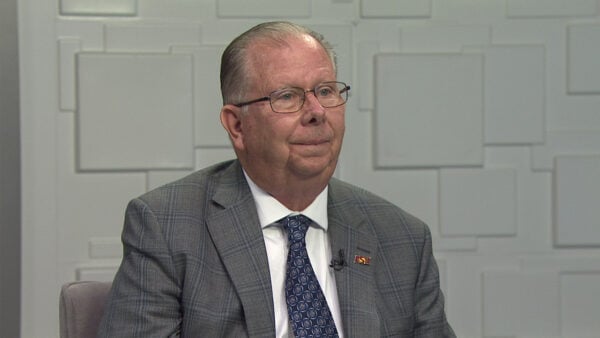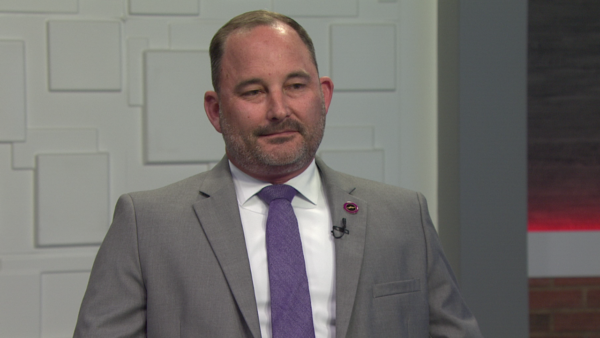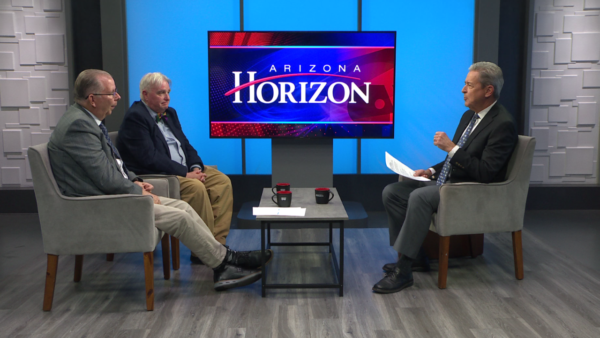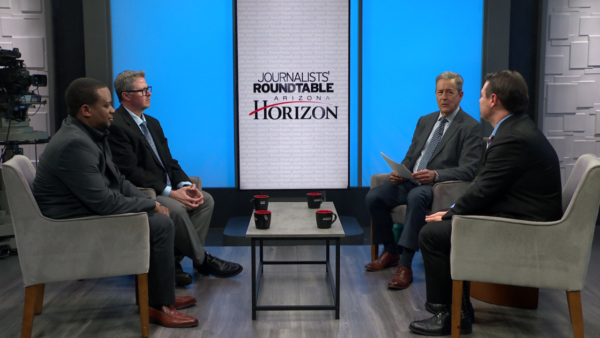Abortion ruling and its impact on public health
April 23, 2024
When the Arizona Supreme Court reinstated an 1864 law that bans nearly all abortions, it created a public health issue. Women who may need the medical procedure to save their lives may not be able to get one. This could force women to carry a baby leading to a medical crisis and risk of death for the mother. It can cause them to have to travel out of state to seek medical care, which is expensive.
The law also disproportionately affects women of color who are more likely to die during childbirth than their white counterparts and also do not have access to health care or access to equitable health care.
Swapna Reddy, Clinical Associate Professor at ASU’s College of Health Solutions, joined us to discuss the ruling.
“It is absolutely a public health issue, it’s an access to care issue, this ruling that has been upheld from a law that has passed in 1864,” said Reddy. “We practiced medicine really differently, who delivered babies was very different.”
There is a culture of fear and it is impacting access to care for women according to Reddy.
“We are seeing an impact on physicians, we’re seeing a huge group on medical students that are interested in practicing in states with the most restricted health care,” said Reddy. There will not be a sufficient number of healthcare providers who will be interested in studying in those states.
In the United States, we have the worst rate of maternal mortality among every developed nation. Black and Native American women have the highest rates.
It is a benefit that Arizona exists geographically in a place where there might be opportunities in nearby states said Reddy. Although it could be complicated due to income, taking time off work, and finding possible child care.


